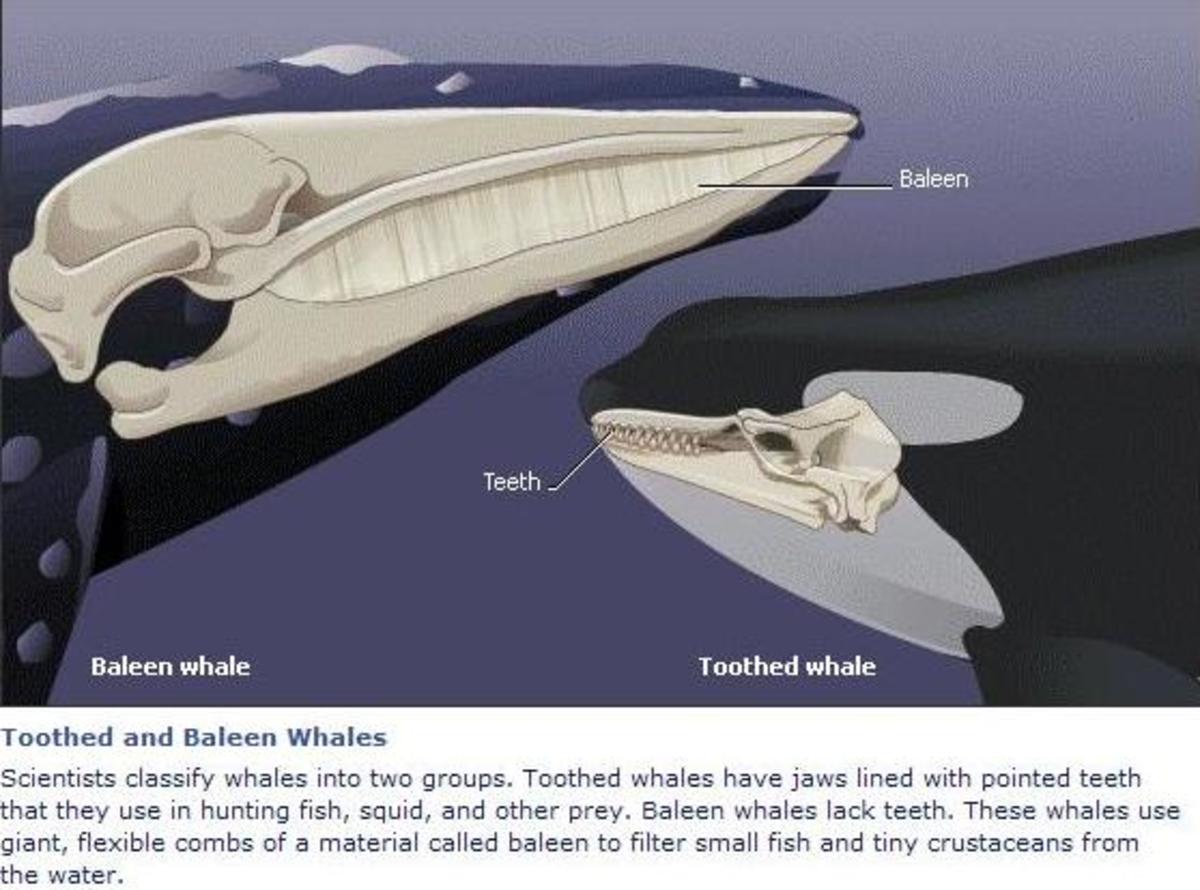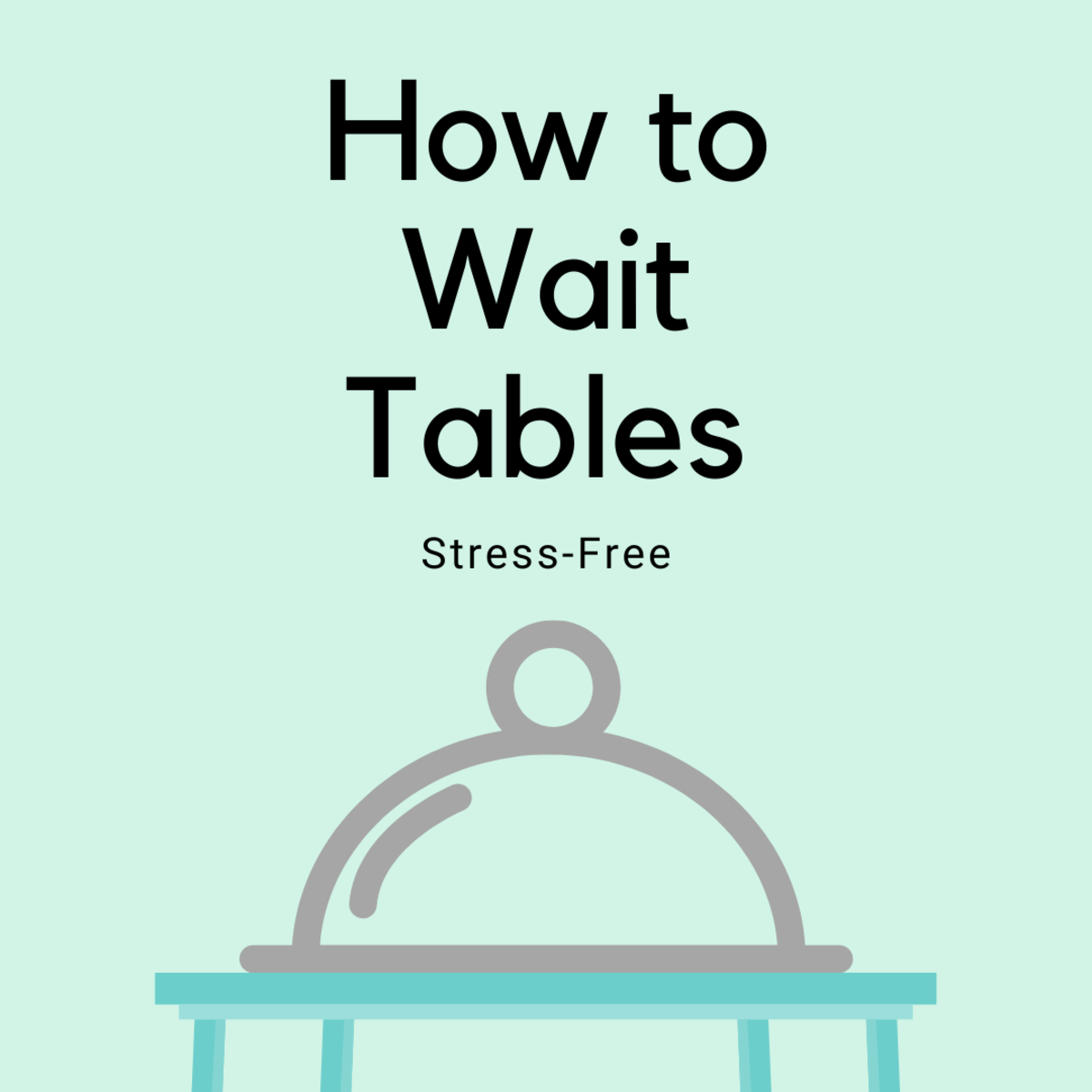Employee to Independent Contractor

In some industries: construction and IT are the two most common in New Zealand, many people end up after a few years moving from being employees to going independently into business and becoming self-employed as an independent contractor.
Key differences between an Independent Contractor and an Employee
An employee in New Zealand, Australia and UK have the right to paid, statutory holiday, annual leave and sick leave In addition they may also have the right family leave (to care for dependants who are ill), leave loading (extra pay while on holiday, an Australian invention), long-service leave (after 7 or more years) and study leave and costs. A contractor is paid for the hours they work. They are not paid for holiday: either voluntary or involuntary ones. An employee, particularly a "professional" may be expected to do additional hours for no extra salary. An employee is paid net of income and other taxes, compulsory superannuation and other compulsory deductions A contractor submits an invoice for their time worked for the past month. They are then paid on the invoice, usually after some weeks. The contractor is responsible for their own Income Tax, GST, VAT, health insurances etc. While an employer may pay for job specific training courses or conferences for an employee this is unlikely to occur for a contractor.
So why would you want to contact? It sounds like you could be seriously out of pocket if you get sick or want some leave yes? Well no, not necessarily. A contract hourly rate should pay you what you would expect to be paid as a salary for 44 weeks work, not 52 weeks. That accounts for 4 weeks annual leave, 2 weeks sick leave and 2 weeks other leave. You also shouldn't go contracting without income protection insurance in case you get seriously sick or injured. This can be a good insurance to have even as an employee because not all employees will treat you will if you are seriously, long-term ill.
Independent Contractors have Independence
For many contractors their main reason for going independent is just that: independence. Instead of the traditional master/servant relationship that an employee has with their employer there is definitely more a meeting of equals when a contractor takes on a contract with a company. Now in reality the contractor is still in the more vulnerable position, they are the ones needed to be paid, but the difference can be quite marked, though unquantifiable. One of the differences for me was that instead of applying for leave from my manager and hoping that it would be approved I could now just tell my agency and client that I was unavailable in August, no need to mention the skiing trip!

Managing Cashflow for Contractors.
One of the big advantages as a contractor is being paid your gross income. Sure you will have to pay tax on it - but not until later. If you are not comfortable with managing your own cashflow then this can be the biggest disadvantage too. For example in New Zealand, if you become an self-employed in April of one year - you are not legally required to pay your first tax instalment until June of the following year - that's 14 months of you using the government's money, in fact it's better than that the tax you owe from the first year of earning is not payable until March 12 months after that tax year! What's the worth - well if you have a flexible mortgage that you make the mortgage interest rate - tax free - in New Zealand that's about 10% at the moment - not bad!
Overall you gain more control over both your income and your life - the ideal work life balance. It may however be at the expense of your career. Contractors tend to be given contracts based on their existing skill sets, an employee may be invested in to gain new skills a contractor is expected to "hit the ground running" Contacting is not for everyone but could certainly be worth a look.








